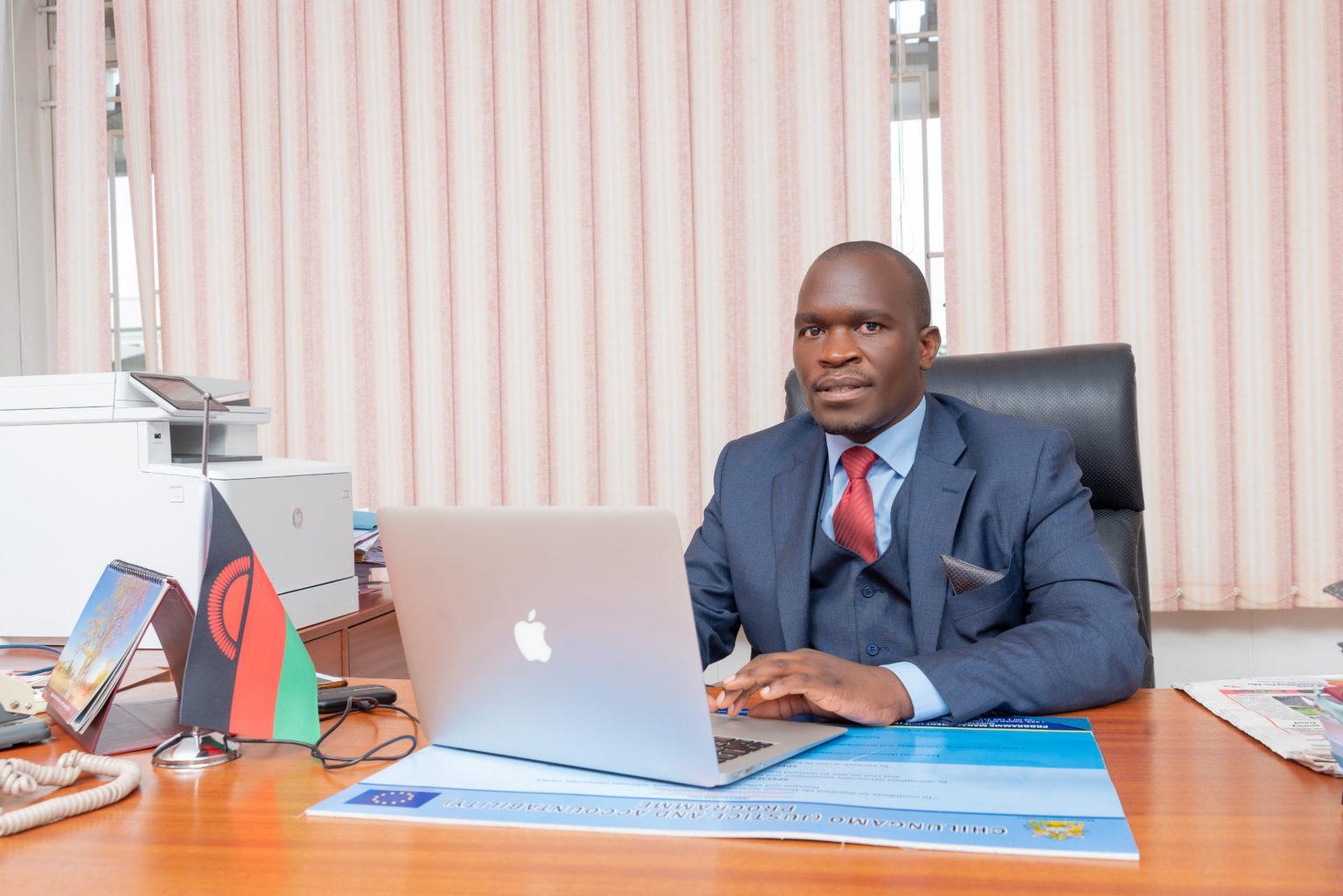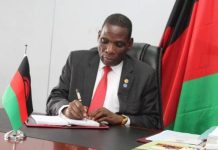Africa-Press – Malawi. Legal and economic experts are urging the Malawi government to pursue an out-of-court settlement in the controversial helicopter deal with Zambia’s AYA Technologies, warning that dragging the matter through international arbitration could cost taxpayers billions more in damages, interest, and legal fees.
The Malawi government has been advised to consider an out-of-court settlement in the ongoing $9.2 million helicopter dispute with Zambian firm AYA Technologies Ltd, amid fears that continued litigation before the International Court of Arbitration (ICC) in Paris could lead to escalating financial losses for the country.
The dispute stems from the government’s July 2024 decision to cancel a deal for two Bell 412 helicopters, which were later condemned as unfit to fly. The government had already paid $500,000 (about K867 million) as a deposit to AYA Technologies before pulling out of the contract. The company has since sued for $4.6 million (about K8 billion), arguing that Malawi breached the agreement.
While the Attorney General, Thabo Nyirenda, insists the contract was invalid and wants the advance payment refunded, some analysts warn that the government’s position could be legally and financially untenable.
“We’ve already admitted liability by paying,” says lawyer
Blantyre-based commercial lawyer Chifundo Soko said Malawi’s initial deposit is legally significant because it shows that the government had acknowledged and entered into a binding contract with AYA Technologies.
“Once the government paid that $500,000, it created a contractual relationship. Whether or not the helicopters were airworthy, that payment demonstrates consent and intent to transact. Unilaterally cancelling now exposes the state to litigation risk,” Soko said.
“In arbitration, the ICC will not only look at the technical side of the aircraft but also at the conduct of the parties. Malawi could easily be found in breach and ordered to pay both damages and interest,” he added.
Soko said an out-of-court mediation settlement could be a less expensive and reputationally safer option, especially given that international arbitration often involves high legal costs and currency penalties.
Economists warn of ballooning costs
Economic governance analyst Michael Cipo said the government’s refusal to engage in mediation could see costs spiral far beyond the K8 billion currently being demanded.
“International arbitration is extremely expensive. By the time the case concludes, Malawi could be paying upwards of K12 or even K15 billion, once you add interest, lawyer fees, and arbitration costs in Paris,” Chipo warned.
“It is in the country’s best financial interest to negotiate a settlement—perhaps by compensating AYA for its expenses and withdrawing cleanly—rather than waiting for a costly judgment.”
He added that a protracted legal fight could also affect Malawi’s credit reputation and relations with regional partners, especially given AYA’s Zambian origin.
Middlemen at the centre of the storm
Public procurement specialist Dr. Anthony Kamwana argued that the deal’s problems partly stemmed from the use of middlemen in defence procurement, a recurring issue in Malawi’s military acquisitions.
“If the government already made a deposit, that means the intermediary was engaged and fulfilled certain contractual conditions. Those intermediaries need to be properly compensated to avoid more penalties,” Kamwana said.
“Government should settle with AYA, clean up the process, and move on. Otherwise, this will become another long-running legal mess like the cement and fertilizer procurement cases that drained millions.”
Lessons from previous arbitration cases
Malawi has a poor record in managing international contract disputes. In 2020, the government lost $8 million in a similar arbitration case involving a European supplier over a cancelled procurement deal. Legal experts warn that history could repeat itself if Lilongwe insists on defending the AYA case through full arbitration.
Former Solicitor General Janet Banda, now an international law consultant, said Malawi’s defence—based on claims of the helicopters being “unfit to fly”—may not be strong enough to avoid liability.
“Arbitration tribunals often prioritize procedural fairness over technical assessments. If Malawi did not follow proper termination procedures or failed to give adequate notice, the tribunal may rule in AYA’s favour regardless of the aircraft condition,” Banda said.
“A negotiated settlement is the most practical and least damaging option right now.”
The case for settlement
Experts agree that Malawi can still limit its exposure by engaging in structured mediation, paying off the Zambian supplier a portion of the claimed amount, and formally ending the contract to avoid ongoing penalties.
“If government pays even half of the K8 billion claim as a negotiated settlement, that’s far cheaper than the billions more it might lose after arbitration,” Chipo emphasized.
The Attorney General’s office maintains it will defend the case vigorously, but insiders within the Ministry of Finance admit privately that arbitration in Paris could “cripple the budget.”
As one Treasury official who asked not to be named put it:
“The truth is, we paid something. That payment binds us legally. Unless we resolve this quickly, it will cost the taxpayer far more than anyone is admitting.”
In summary: Malawi’s attempt to walk away from the controversial helicopter deal could soon backfire. With AYA Technologies pursuing damages before an international tribunal, experts say the government should swallow its pride, negotiate a settlement, and spare the nation a costly and humiliating legal defeat.
For More News And Analysis About Malawi Follow Africa-Press






